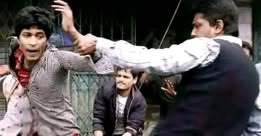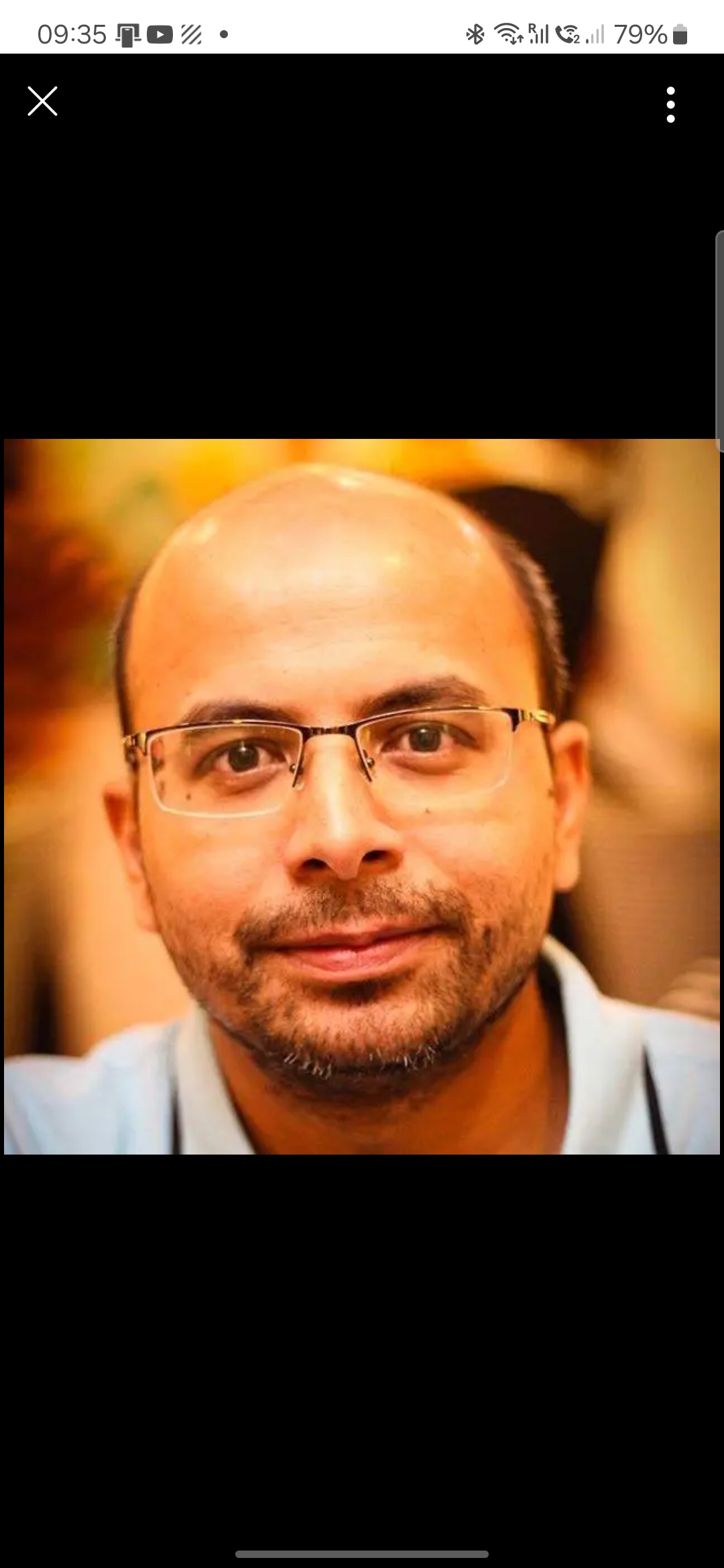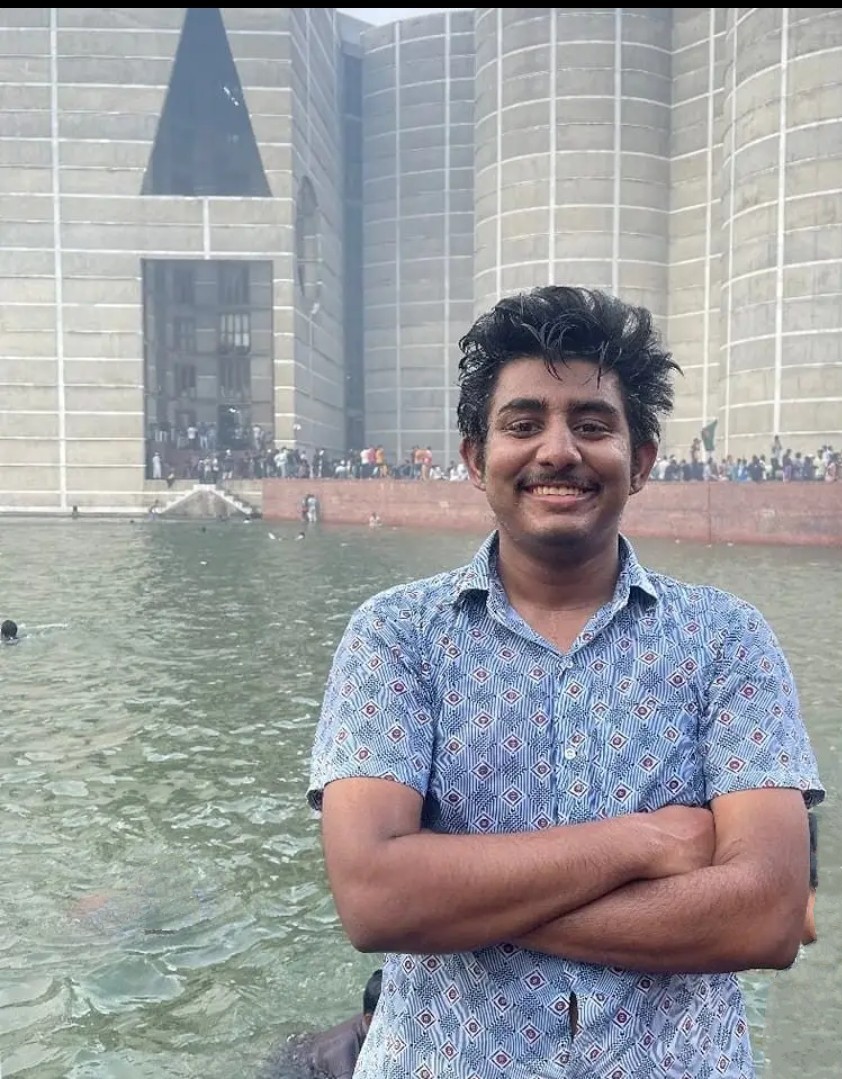By Kamal Sikder
The recent protests in defense of Chinmoy Krishna Das, a former ISKCON leader accused of child abuse, have sparked debates over the selective outrage displayed by certain groups within Bangladesh. Despite serious allegations that led ISKCON’s high command to strip him of his duties and bar him from working with minors, some factions have rallied in his defense, killing a young Muslim Lawyer and Assistant Public Prosecutor who was also physically disabled, in broad day light. This activism appears particularly hypocritical when contrasted with the silence surrounding other incidents of injustice, especially those involving prominent Hindu figures like Goyeshwar Chandra Roy.
Goyeshwar Chandra Roy, a senior leader of the BNP, suffered brutal injuries in an attack reportedly carried out by Awami League activists. This assault, which left him severely wounded, was a blatant violation of human rights. Yet, the same groups now mobilized in defense of Chinmoy Krishna Das remained conspicuously silent. Despite Roy being a Hindu and a respected political leader, no protests or movements arose to condemn the violence against him. This apathy further underscores the selective nature of their activism.

The pattern extends to other high-profile cases. When Biswajit Das, a Hindu tailor, was hacked to death in broad daylight during political unrest by the Chhatra League, the youth faction of fascist Awami League, there was no significant uproar from these so-called protectors of justice. Similarly, when Chief Justice S.K. Sinha, the first Hindu Chief Justice of Bangladesh, was forced into exile under dubious circumstances, the lack of protest from the same quarters was deafening. Even more recently, the murders of two Hindus at the border—a heinous act that should have united communities in outrage—failed to elicit any substantial response.
Similarly, when two Hindu individuals were killed at the Border by the Indian Security Force there were no protests by this group.
This selective silence highlights a troubling double standard. While certain groups are quick to rally behind individuals like Chinmoy Krishna Das, who faces credible allegations of wrongdoing, they remain indifferent to other instances where Hindus are clearly victims of violence or injustice. This inconsistency weakens their moral authority and raises questions about their true motivations.

The hypocrisy becomes even more glaring in a nation that prides itself on the unity of its diverse communities. The words of the rebel poet Kazi Nazrul Islam serve as a poignant reminder of the shared heritage and interdependence of Hindus and Muslims in Bangladesh. Such divisive and selective actions undermine his vision of harmony and mutual respect. External provocations and conspiracies seeking to exploit these divisions only make the situation more precarious.
Figures like Goyeshwar Chandra Roy, who endured violence without the solidarity of his community, symbolize the pressing need for a more consistent and principled approach to activism. Leadership figures like Dr. Muhammad Yunus offer a pathway forward, emphasizing unity and cooperative progress over identity-driven agendas.
To truly honour the ideals of justice and equality, protests and activism in Bangladesh must address all forms of injustice impartially. Selective outrage not only erodes credibility but also threatens the social fabric of the nation. If the goal is to build a harmonious and inclusive society, then every citizen—regardless of religion or political affiliation—must act with integrity and consistency. Only then can Bangladesh truly live up to its potential as a nation of shared prosperity and unity, as envisioned by its greatest thinkers and leaders.










